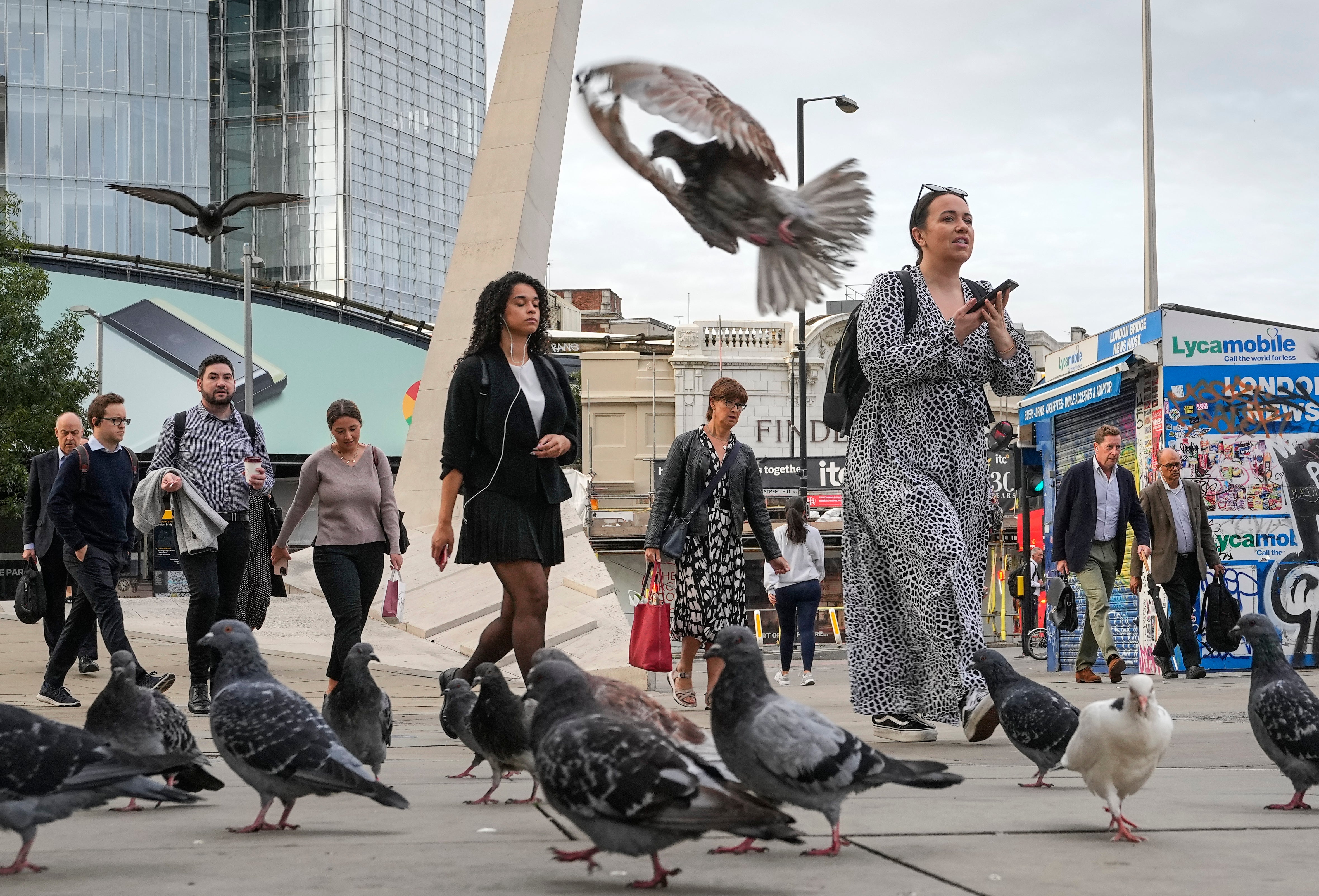
Falcons in the capital have turned to eating parakeets after pigeons fled London during lockdown, a study has found.
Peregrine falcons turned to starlings and parakeets after pigeons left London in lockdown due to lower levels of discarded fast food on the street.
The study, published in the journal People and Nature, reveals that managing pest species and their food sources is usually driven by humans.

In London, peregrines ate 15 per cent fewer pigeons as prey during lockdown, and were replaced with 7 per cent more starlings and 3 per cent more parakeets, while peregrines in other cities made no changes.
Dr Brandon Mak of King’s College London, said: “Our results indicate that peregrines in larger, highly urbanised cities such as London may be more dependent on, and hence more vulnerable to, changes in human activities which support their prey populations, particularly feral pigeons.
“The world is still learning about the consequences of lockdowns on wildlife, which promises to shed light on how human and animal lives are linked in our shared environments.”
Scientists at King’s College London and the University of Bristol studied 31 peregrine falcon nests for three breeding seasons in 27 UK cities.
The falcon nests were monitored using online live streams, with the first breeding season taking place during pandemic restrictions.
The study referenced how populations of the bird of prey goshawk almost halved in Poland when farmers stopped rearing domestic pigeons and poultry, the goshawk’s usual prey.
Such changes in feeding activity can force predators to eat less nutrient-rich prey. Hunting could also become far more time and energy consuming, leaving predators less time to reproduce or maintain fitness levels.







